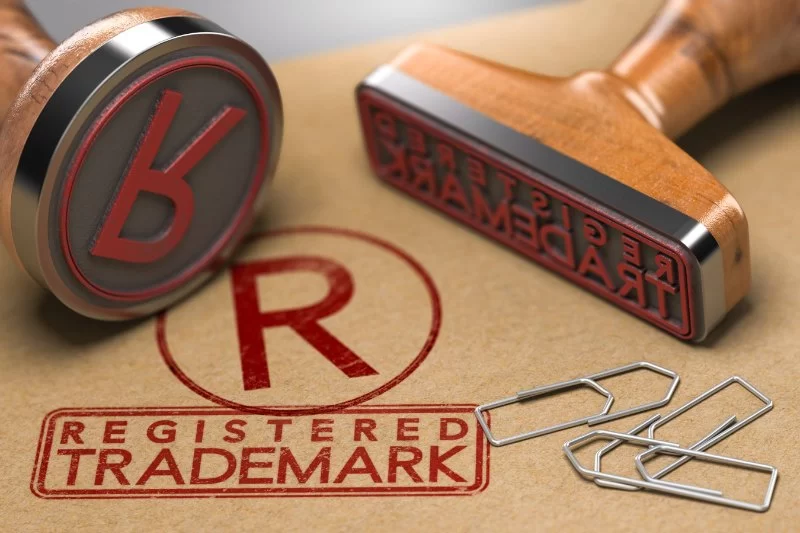
- understanding-trademark-lawyer-fees - Understanding Trademark Lawyer Fees in the U.S.
- hourly-vs-flat-fee-structures - Hourly Rates vs. Flat Fee Structures Explained
- factors-that-affect-costs - Key Factors That Affect How Much Trademark Lawyers Cost
- real-world-cases-and-examples - Real-World Cases and Examples of Legal Costs
- tips-for-business-owners - Practical Tips for Business Owners Managing Trademark Costs
Understanding Trademark Lawyer Fees in the U.S.
For many entrepreneurs, the first question that arises when protecting a brand is: how much do trademark lawyers cost? The answer varies widely depending on the complexity of your case, the lawyer’s experience, and whether you’re filing domestically or internationally. In the United States, trademark lawyers can charge anywhere from a few hundred dollars for a simple consultation to several thousand for handling complex disputes or litigation. For startups and small businesses, this expense can feel overwhelming, but it’s often essential to ensure your brand remains legally protected.
Hourly Rates vs. Flat Fee Structures Explained
Most trademark lawyers operate under either hourly billing or flat fee packages. Hourly rates typically range between $200 to $600 per hour, depending on the lawyer’s reputation and location. On the other hand, flat fees are common for straightforward trademark applications and usually cost between $800 and $2,000. For example, a small coffee shop looking to trademark its logo might pay a flat fee, while a tech company battling a competitor in court would face ongoing hourly billing. Understanding which model suits your situation helps in budgeting realistically.
Key Factors That Affect How Much Trademark Lawyers Cost
Several variables influence the overall cost of trademark services. The complexity of the trademark itself is a major factor: a simple word mark is easier to process than a logo with multiple design elements. Geographic coverage also matters — filing in multiple countries adds significant expenses. Disputes, oppositions, or office actions from the USPTO can dramatically increase legal costs, as lawyers must spend additional time responding. Finally, the lawyer’s seniority plays a role; top-tier law firms may charge double what smaller practices do, but they often provide deeper expertise.
Real-World Cases and Examples of Legal Costs
Consider the case of a boutique fashion brand in Los Angeles that initially paid $1,200 in flat fees for a standard trademark filing. When another company challenged the mark, legal costs quickly escalated to over $15,000 in hourly fees. Conversely, a local bakery in Chicago paid a modest $900 for their registration with no challenges, securing protection without significant expenses. These examples show how unpredictable costs can be — sometimes straightforward, sometimes escalating dramatically depending on circumstances. Stories like these highlight why planning and budgeting for legal costs is crucial for entrepreneurs.
Practical Tips for Business Owners Managing Trademark Costs
To manage expenses effectively, business owners should start by consulting multiple lawyers to compare pricing and fee structures. It’s also wise to conduct preliminary trademark searches independently to reduce lawyer time spent on basics. Entrepreneurs should set aside a budget not just for filing, but also for potential disputes. In some cases, considering legal insurance for intellectual property may provide peace of mind. For tailored legal support and trusted recommendations, ESPLawyers offers expert guidance that helps businesses secure their trademarks without unnecessary financial strain, ensuring protection and long-term brand stability.








